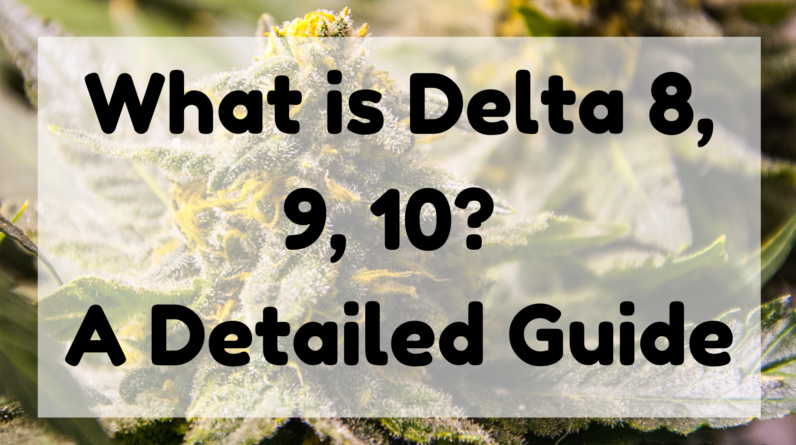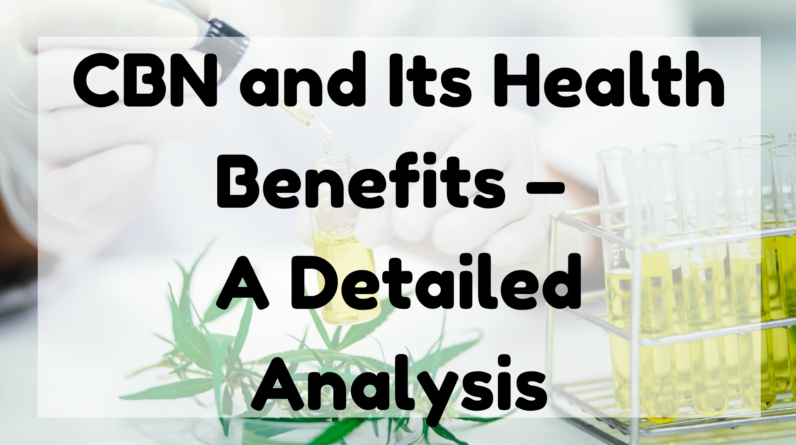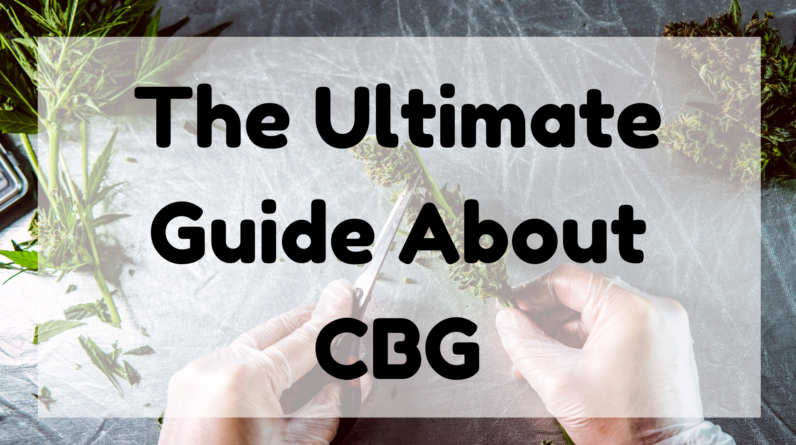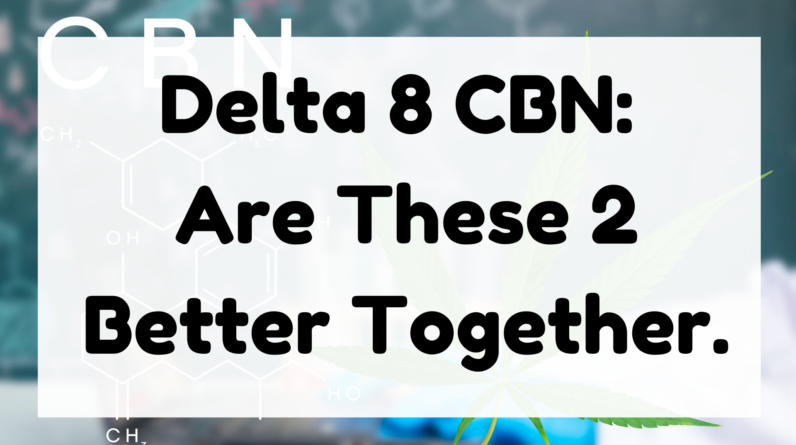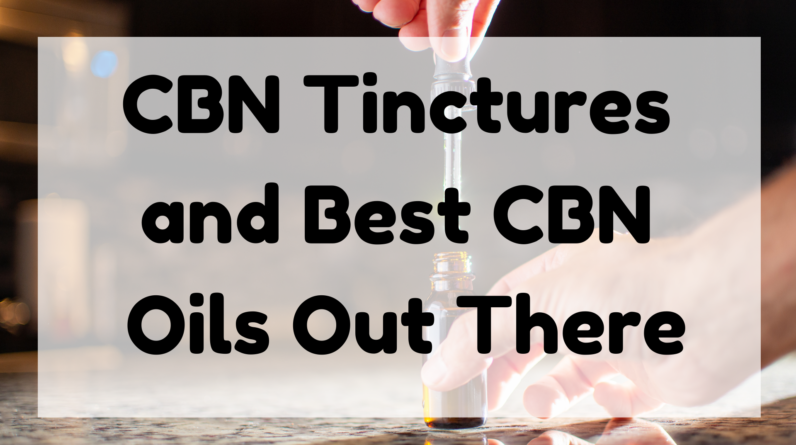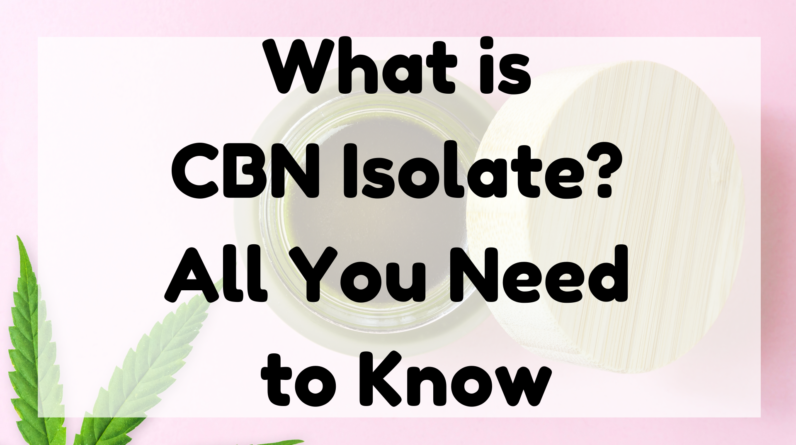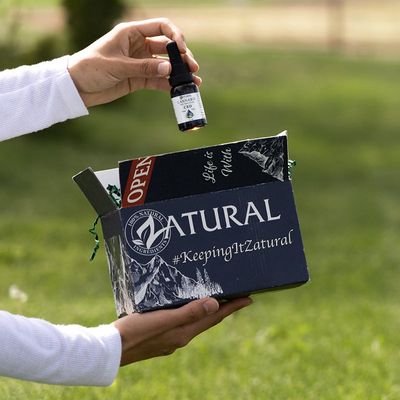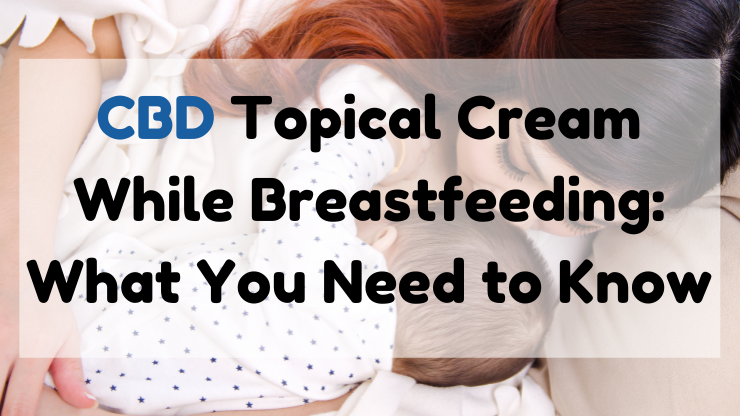

CBD Topical Cream While Breastfeeding: What You Need to Know
Cannabidiol-containing goods abound on the worldwide market, particularly in the health and cosmetic sectors.
Products ranging from mascara to nutritional supplements and body creams have sprung up as cannabis rules have grown more lenient.
But is it okay to use CBD topical cream while breastfeeding?
Here’s all you need to know about CBD and lactation.
In recent years, cannabis and cannabis-derived products have been more widely accessible, with new and varied sorts of goods developing regularly.
Many people have questions and concerns about these items.
If you are pregnant or nursing, you may have even more concerns regarding the safety of these items.
Using cannabidiol (CBD), tetrahydrocannabinol (THC), or marijuana in any form during pregnancy or nursing is highly discouraged by the FDA.
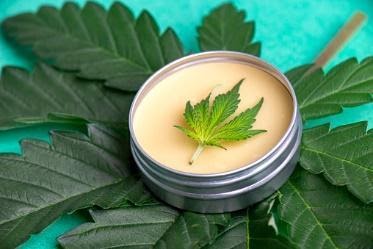
What is CBD?
Cannabis is a member of the Cannabaceae family of plants that includes over 80 physiologically active chemical components.
THC and CBD are the two most well-known substances.
Marijuana is one form of the cannabis plant that contains various amounts of THC, the molecule that causes the “high” that is often associated with marijuana.
Hemp is a different form of the cannabis plant.
THC levels in hemp plants are quite low.
CBD is a non-psychoactive cannabinoid that may be extracted from either marijuana or hemp.
CBD-containing products are already widely available.
CBD may be found in various goods, including pharmaceuticals, meals, nutritional supplements, and cosmetics.
These products often make CBD-related health claims that are dubious at best.
There seems to be a CBD topical medication for everything these days.
CBD looks to be the newest craze in health and skincare, appearing in everything from lotions and creams to salves and serums.
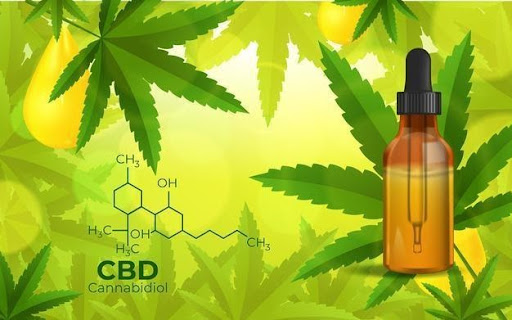
Are topical CBD products, on the other hand, actually effective?
Although some individuals seem to receive pain alleviation from them, the solution is yet unknown.
Furthermore, owing to the proliferation of CBD-containing topical creams that may not contain precisely what they promise, it’s a buyer’s beware scenario.
CBD (cannabidiol) is one of over 100 cannabinoids found in the cannabis Sativa plant.
CBD is now available in food, beverages, cosmetics, and various other goods because of its alleged health advantages.
CBD products, by definition, contain no more than 0.3 percent THC, so they won’t make you feel “high.”
What are the benefits of using CBD Topicals?
Musculoskeletal issues are one of the most common applications for topical CBD medicines.
According to a 2019 analysis from the Arthritis Foundation, 79 percent of the 2,600 arthritis sufferers polled have explored or tried CBD.
Twenty-nine percent said they were actively using it to treat arthritic symptoms, and 55 percent said they were using topical medication to apply to their joints.
Topical CBD solutions are designed to aid patients with eczema and psoriasis, in addition to arthritis.
CBD is regularly found in cosmetics and skincare items.
These products may claim to combat skin aging or be anti-inflammatory because of the combination of CBD and other chemicals.
What do we know about topical CBD while breastfeeding?
There has been no extensive research on the effects of CBD on a developing fetus, a pregnant mother, or a breastfed newborn.
The FDA is still collecting and studying evidence on the potential harms of CBD during pregnancy and CBD while breastfeeding.
However, based on what we do know, we have reason to be concerned.
The reproductive system of growing male fetuses has been harmed by high dosages of CBD in pregnant test animals.
Furthermore, we anticipate that some CBD will be passed to newborns via breast milk, based on what we now know about CBD.
We also know that CBD products may be tainted with compounds that might harm a fetus or a breastfed infant, such as THC.
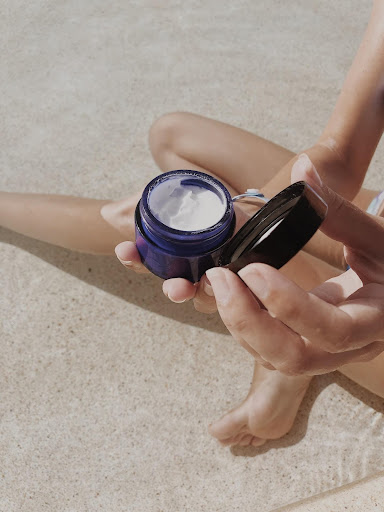
We’ve also heard that CBD might include additional pollutants, including pesticides, heavy metals, bacteria, and fungus, which we’re looking into.
Furthermore, CBD has been linked to several health concerns in the general population.
Risks may include the following, based on human clinical studies:
- Toxicity of the liver (damage)
- interactions with other medicines that are dangerous
- Excessive drowsiness
The FDA looks at the impacts of CBD usage from various perspectives, including (1) long-term use of CBD-containing goods, such as food, cosmetics, or supplements, and (2) the consequences of using these products in combination.
Many issues concerning the science, safety and quality of CBD products remain unresolved.
CBD While Breastfeeding: What are the risks?
The fact that mother’s milk contains cannabinoids comparable to CBD is one reason you would assume CBD is safe for nursing moms.
Cannabinoids may aid in the stimulation of a newborn’s appetite.
They function on the same receptors that are triggered when individuals feel the munchies from THC.
However, a researcher warns that “the more, the merrier” isn’t always the case.
Geary, too, cautions that what the body generates naturally and the “artificially imported compounds” in commercial CBD are vastly different.
She continues, “Breastfeeding has been practiced by women for millennia.
There are no contaminants, toxins, or pesticides in mother’s milk, and there is no risk of an overdose.”
The FDA does not regulate CBD.
Thus, each manufacturer or brand is responsible for monitoring the product’s safety.
“Some corporations can afford testing and research,” Thomas explains.
“Others aren’t,” says the narrator.
“A very serious danger,” Geary continues, “is that the items are unregulated and may be contaminated with toxic chemicals—such as pesticides, germs, fungus, and heavy metals—that may damage the fetus or newborn.”
Geary (who clarifies that she is not an anti-marijuana doctor since she is a pediatrician with a license to dispense medicinal marijuana —both CBD and THC products) believes that taking CBD while nursing is a risky proposition.
“The infant’s brain grows to 80 percent of its full adult volume from the time it is a growing fetus until it is three years old.
Any additional exposure, particularly during those susceptible first three years, should be carefully considered.”
Last Thoughts
We advise pregnant or nursing women who are using CBD topical cream while breastfeeding to be careful and select CBD that has no THC mixed, that comes from a reputable company that states clearly their testing results from a 3rd party, and that uses organic extracts to obtain the purest CBD.
But the most important advise is to consult your doctor for further information and questions you may have.
NEXT How to Tell CBD Flower From Weed
Legal and Medical Disclaimer
Information provided on the site is for educational purposes only, and does not substitute for professional medical advice.
You MUST consult a medical professional or healthcare provider if seeking medical advice, diagnoses, or treatment.
Additionally, you must consult your local and federal laws regarding the legality of buying CBD and THC products.
We do not provide any legal advise.


